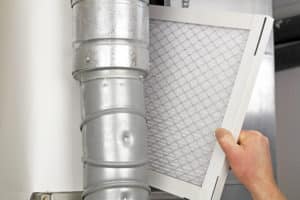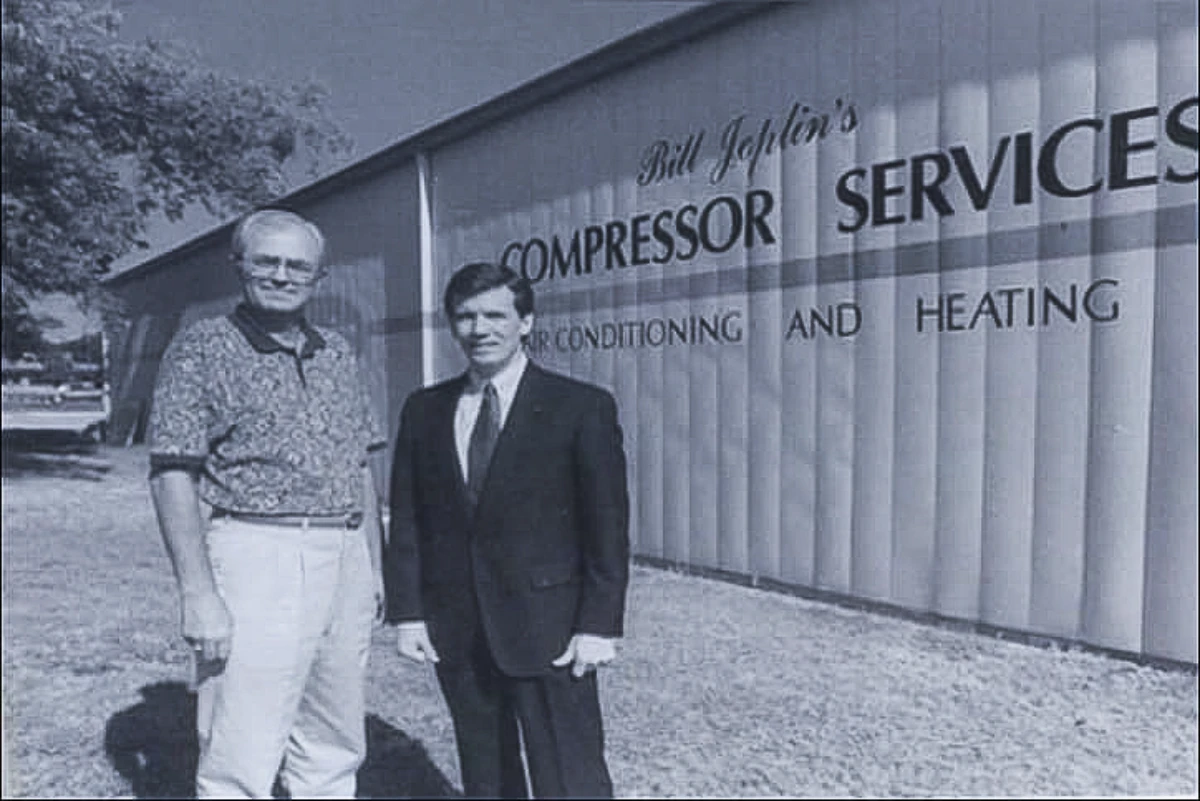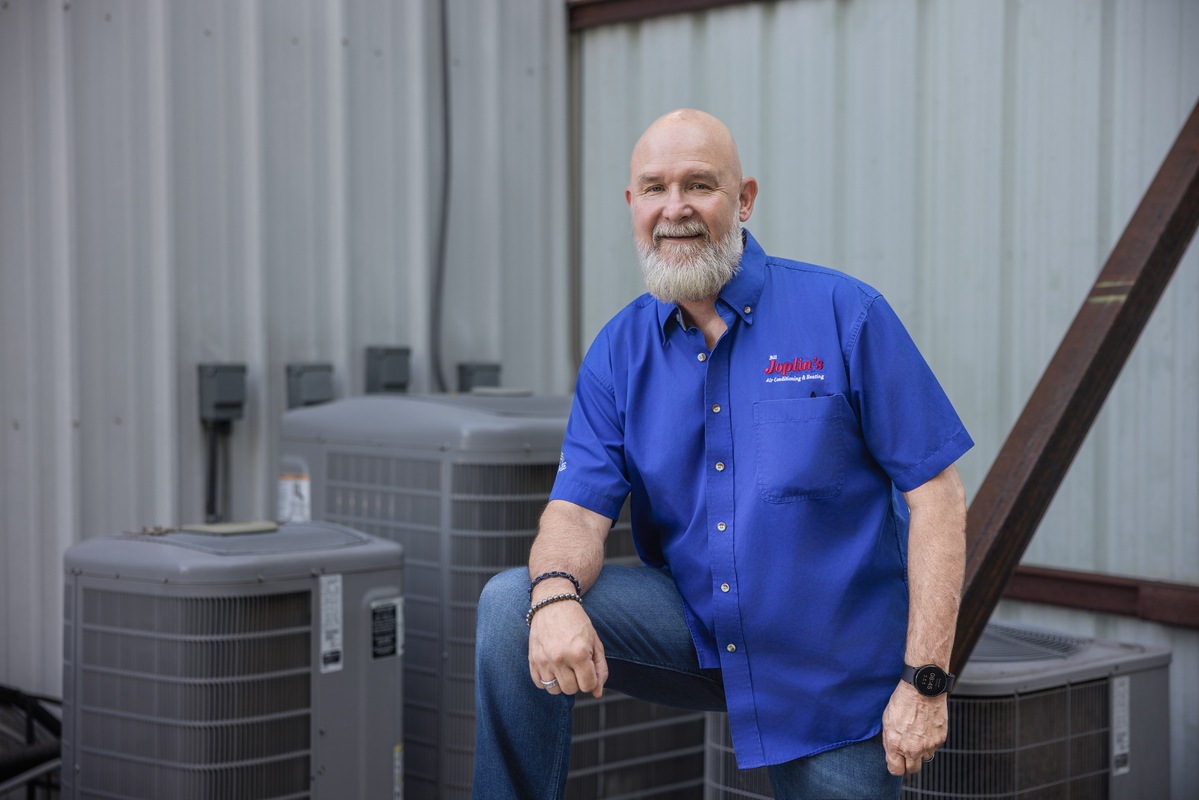High-efficiency air filters are a cost-effective way to help improve indoor air quality, which may be beneficial to family members sensitive to asthma, allergens and other particles in the air. Air filters also help keep your furnace’s coils and heat exchangers clean, which may prolong furnace life and keep it running efficiently.
RECOMMENDATION: Replace your HVAC air filters four to six times a year for cleaner air and a healthier HVAC system.
There are 3 rating systems used by different manufactures to help decide on which filter type is best and most Efficient.
MERV: MERV ratings extend from 1 to 16. MPR measures ratings based on sizes 0.3 to 1 microns. MERV rating is the primary rating system used in the industry, both domestically and internationally. Established by the American Society of Heating, Refrigerating, and Air Conditioning Engineers, MERV rates a filter’s ability to capture and hold particles and pollutants. Smaller particles can be trapped and removed by higher MERV ratings.
MPR: MPR, or micro-particle performance rating, is a rating system developed by 3M. It rates the manufacturer’s filters and their ability to capture airborne particles smaller than 1 micron. While MERV ratings reflect a filter’s ability to trap both microscopic and macroscopic particles, MPR ratings only grade a filter on its capacity to remove particles from 0.3 to 1 microns. For reference, a typical dust particle is between .2 and 8 microns, while pollen starts at 7 microns and can get up to 70 microns in size.
FPR: FPR, or filter performance rating, labels filters based on a number scale from 4 through 10 in addition to a color-coding system. Designed by The Home Depot for brands sold through their stores, including Honeywell, this rating structure is very similar to MERV rating.
Fiberglass, polyester, washable, pleated and electrostatic filters each offer different air filtering capabilities. Electrostatic filters provide the highest level of filtration for small particles.
Filters are sized in two ways: nominal and actual. Nominal is the approximate size of the filter, rounded up to the nearest inch. Actual is the filter’s exact size.
In addition to standard height and width dimensions, air filters also vary by thickness. They can be less than one inch thick or up to six inches thick.
Getting an exact fit is crucial to having an effective air filter – the wrong size won’t fit and will cause the filter to stop working properly. To ensure you get the right fit, take your current air filter out and check the size printed on the frame.
Types of filters
Your air conditioner gives you cool, clean and fresh indoor air during the hot summer days. Thanks to air filters. Air filters play an integral role in keeping the air in your home clean and healthy. Here are the different types of air filters to choose from.
Fiberglass Air Filters
Disposable, most affordable yet with the lowest straining ability of all the types are fiberglass air filters. They work better in protecting your air conditioning system than screening dust and pollutants in the air. If you are using this type of air filter, you might still be prone to respiratory problems.
Pleated filters
Made of polyester fabrics or cotton folds, pleated air filters are effective in filtering dust and other pollutants. Choose those with more pleats because they offer better filtering performance.
Electrostatic Air Filters
Electrostatic air filters use electrostatic charge to magnet dust and airborne particles then prevent them from being distributed in your home. Some filters of this type are washable while there are also those that aren’t.
HEPA Filters
High efficiency particulate air filters are best for people with allergies and prone to respiratory difficulties. They are effective in screening contaminants up to 99.97% — a reason why the US Department of Energy recommends this type.
UV Filters
This type of filters uses ultraviolet lights to kill bacteria and viruses in your home. Although these products don’t screen dust or particulates, they are good at combatting microorganisms which are also dangerous to your health.
CAUTION: Just because a filter is SUPER EFFICENT at catching particles out of the air, doesn’t necessarily mean it is the best filter for you. The tighter the space to catch more particles also means less space for air to pass through easily. Buying a SUPER EFFICENT filter may actually hurt your HVAC’s ability to control the temperature in your home. You need to find the filter that best fits your system.
The variation of air filters provides choices for home and business owners in terms of efficiency, health benefits, costs and maintenance. Call an HVAC professional at Joplin’s A/C & Heating for suggestions as to which type of air filter fits your home and comfort needs.



